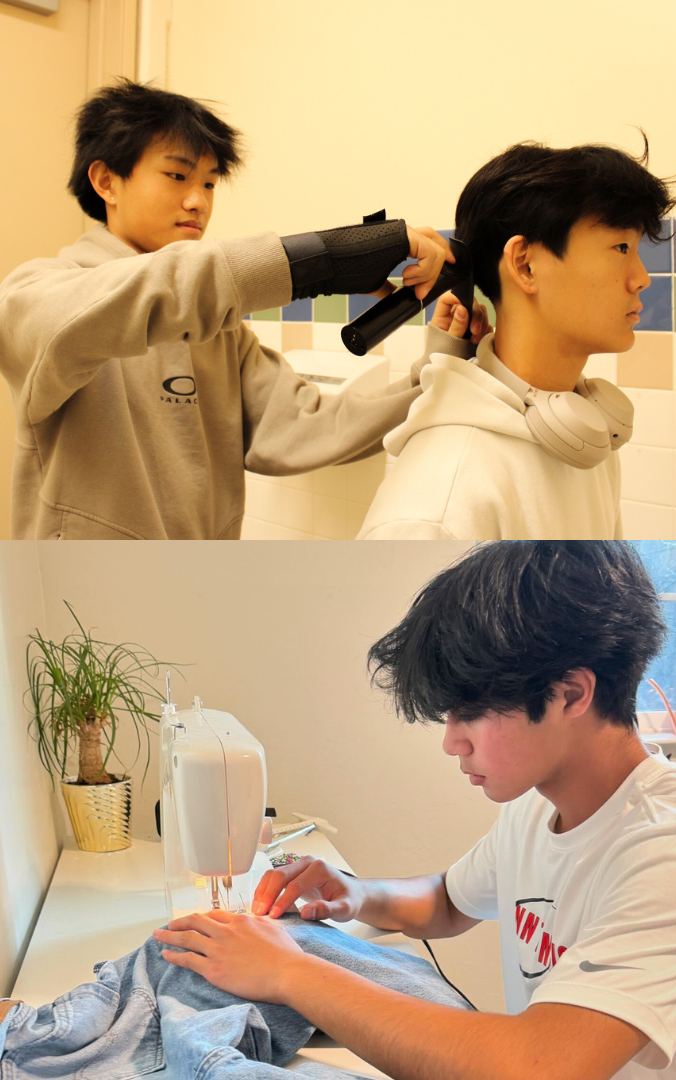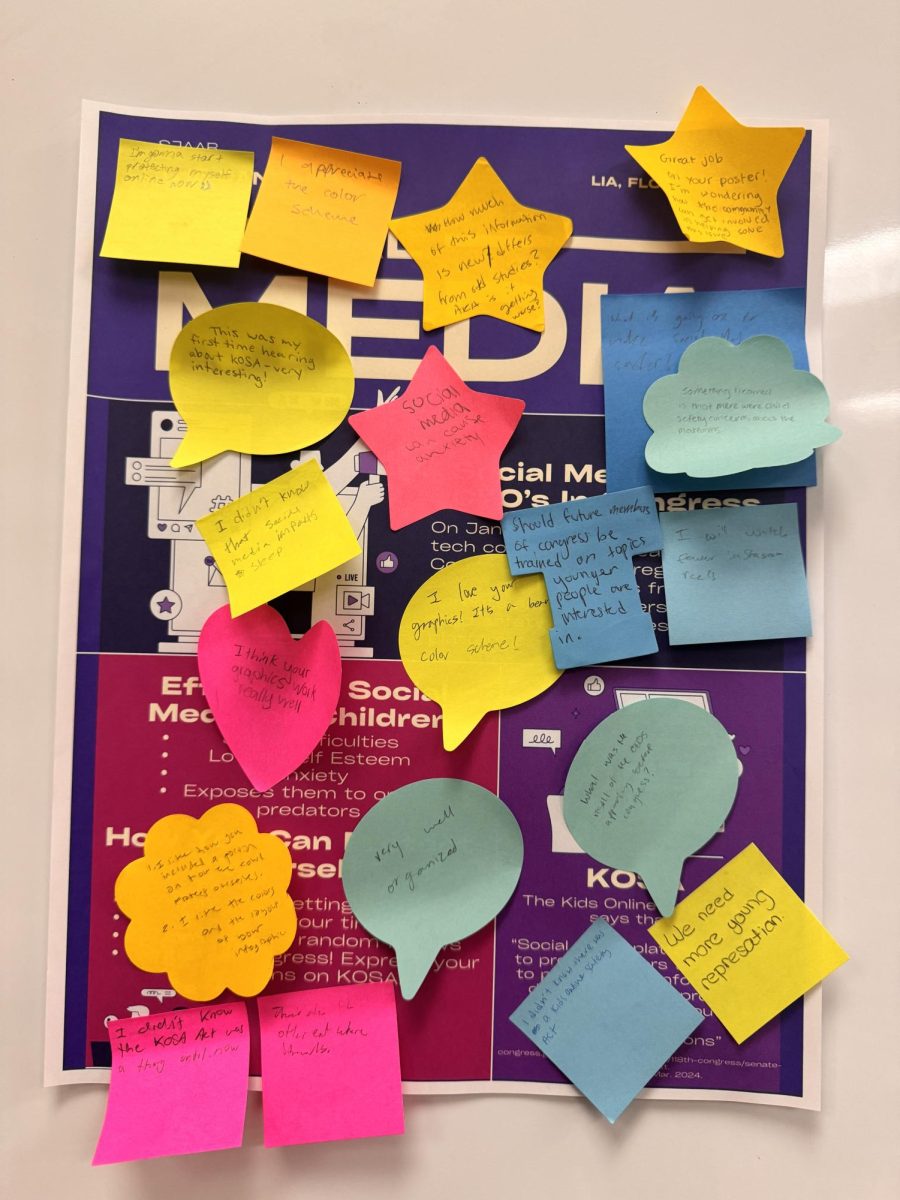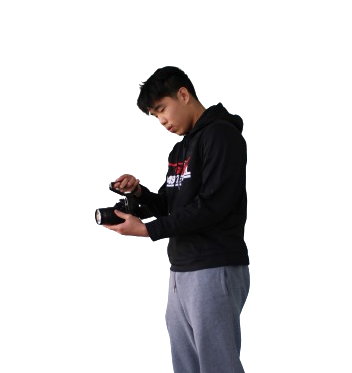Members of the Research Science and Invention Club (RSI)—junior Victoria Wang and sophomores Jocelyn Liu and Audrey Cheng—are constructing a project called “From Food to Fuel” for the Siemens We Can Change the World Challenge that will be proposed on March 5. Wang, Liu and Cheng concluded that by extracting the oil from the food that would have used landfill space, they could develop a new method of reducing food waste and provide another alternative energy source. “Their project is an innovative way to harness the energy that is still in the food waste,” RSI club president senior Emily Wang said. “This project not only solves the problem of wasted foods, but also sheds light on a potential alternative energy source, which is highly useful.”
While doing research for their project, Wang, Liu and Cheng learned that food waste, while detrimental to the environment, contains energy that can be reused. “Our group discovered food waste when we first came across carbon dioxide and how to deal with fossil fuel emissions to get less greenhouse gases,” Liu said. “We decided to use food waste because of its waste of resources and the methane it emits. We also found that there were existing food waste-producing plants, however, none of which took out oil because it is an inefficient energy intensive process.”
In their research, Wang, Liu and Cheng bumped into the possible solution of biofuel: a type of fuel that is produced from a renewable biological resource. However, the production of conventional biofuel consumes water, uses land for feedstock instead of food and as a result, leaves behind a large carbon emission footprint. As an alternative, Wang, Liu and Cheng suggested transforming food waste into an environmentally-friendly fuel. “We were also thinking about finding a source for alternative fuel, and so from there we looked at biodiesel,” Liu said. “Because biodiesel is made from waste oil, and food waste has a high oil content, we decided to combine the two together for our project.”
With this information, Wang, Liu and Cheng stated their hypothesis: food waste could be efficiently converted into environmentally friendly products. They are currently testing three methods to extract the oil from food wastes: pressure, solvent extraction and centrifugation.
So far, they have discovered that using pressure, with a screw press, works well with solids and forces the oil out of the waste. However, this method is inefficient because it takes too much time and energy. Their second method, solvent extraction, is more efficient but deals with highly flammable vapors at high temperatures, which can potentially be dangerous. Wang, Liu and Cheng’s last method, centrifugation, requires high-speed spinning to separate the liquids and solids by weight. For liquids, the food waste is mixed with water in order to bring out non-oil substances. Then the food waste is run through a centrifuge. Lastly, the food waste settles in a cold environment so that gravity separates and stabilizes it, allowing it to clump together at the bottom. For solids, the food waste needs to be squeezed through a cheesecloth or blended together, first extracting the liquid and oil. Then the food waste is run through a centrifuge with varying speed and duration. The waste undergoes different trials to get the best results for variables, speed and duration. The remaining food can be processed with anaerobic digesters to extract the remaining energy sources in the form of biogas.
Wang, Liu and Cheng hope that their project will impact a variety of communities by implementing special trash cans used only for depositing food waste. The food waste would be collected by schools, organizations and restaurants and then processed to become biodiesel. By reducing the amount of food waste in landfills and minimizing fossil fuel combustion, harmful carbon and methane emissions are minimized. “Our goal is to institute another type of bin at Gunn that sits next to the trash bins, recycling bins and compost bins,” Wang said. “This bin, however, would only hold oily food waste products such as unfinished pizzas and more. Oily products in the trash cans would be brought to other companies to be made into biodiesel.”











